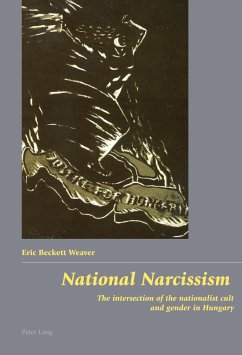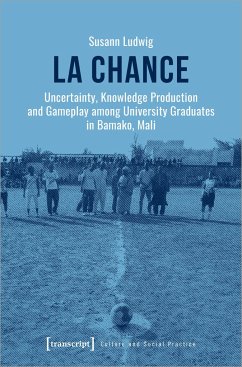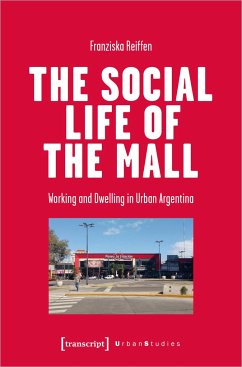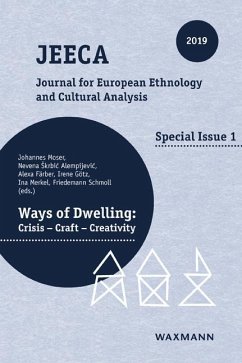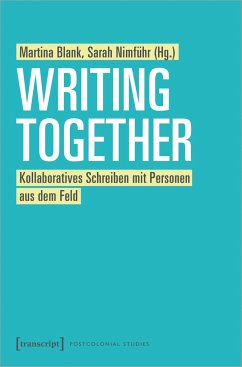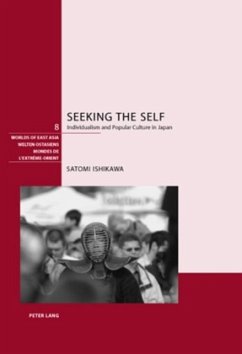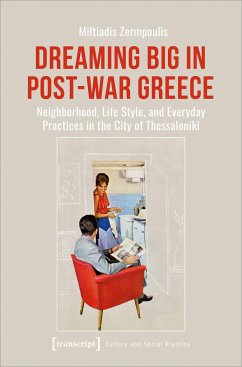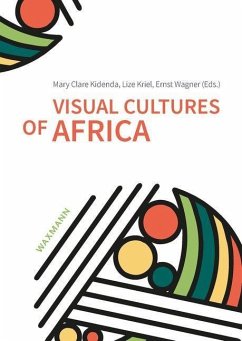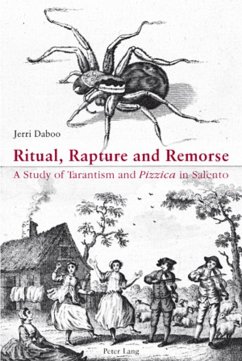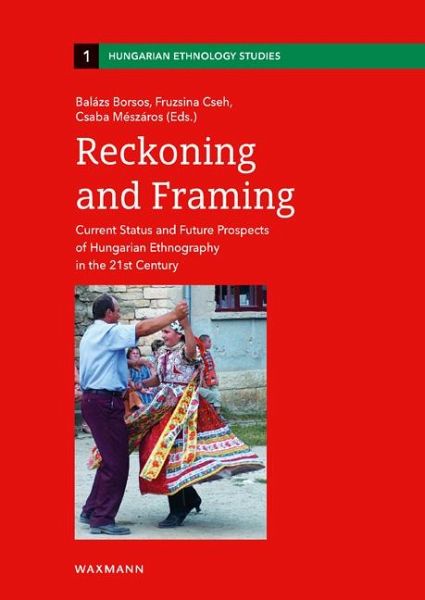
Reckoning and Framing
Current Status and Future Prospects of Hungarian Ethnography in the 21st Century
Herausgegeben: Borsos, Balázs; Cseh, Fruzsina; Mészáros, Csaba;Mitarbeit: Borsos, Balázs; Cseh, Fruzsina; Mészáros, Csaba; Babai, Dániel; Bali, János; Balogh, Balázs; Báti, Anikó; Cseri, Miklós; Juhász, Ka
Versandkostenfrei!
Sofort lieferbar
39,90 €
inkl. MwSt.

PAYBACK Punkte
0 °P sammeln!
It is necessary for every discipline to take stock of its own current state every 20-30 years. Such review helps determine the discipline's path and tasks for the coming decades, and it also facilitates reflection upon the changes and challenges of the scientific and non-scientific world around it. For this purpose, the Committee of Ethnography of the Hungarian Academy of Sciences organized a series of conferences on the current state and the future of ethnography between 2018 and 2020. Those papers of international interest have been translated and are presented in this volume.The first secti...
It is necessary for every discipline to take stock of its own current state every 20-30 years. Such review helps determine the discipline's path and tasks for the coming decades, and it also facilitates reflection upon the changes and challenges of the scientific and non-scientific world around it. For this purpose, the Committee of Ethnography of the Hungarian Academy of Sciences organized a series of conferences on the current state and the future of ethnography between 2018 and 2020. Those papers of international interest have been translated and are presented in this volume.
The first section discusses the dilemmas of ethnography/ethnology as an independent discipline. Articles in the second section provide a fresh perspective on the intrinsic interrelatedness of agriculture, livelihood, environmental perception, and traditional ecological knowledge studied by Hungarian ethnographers. The subsequent section scrutinizes research into and management of cultural heritage in Hungary and the role of ethnographic scholarship in safeguarding intangible heritage. The volume closes with insightful case studies on when ethnographic situations/experiences can be translated into meaningful social actions.
The first section discusses the dilemmas of ethnography/ethnology as an independent discipline. Articles in the second section provide a fresh perspective on the intrinsic interrelatedness of agriculture, livelihood, environmental perception, and traditional ecological knowledge studied by Hungarian ethnographers. The subsequent section scrutinizes research into and management of cultural heritage in Hungary and the role of ethnographic scholarship in safeguarding intangible heritage. The volume closes with insightful case studies on when ethnographic situations/experiences can be translated into meaningful social actions.




